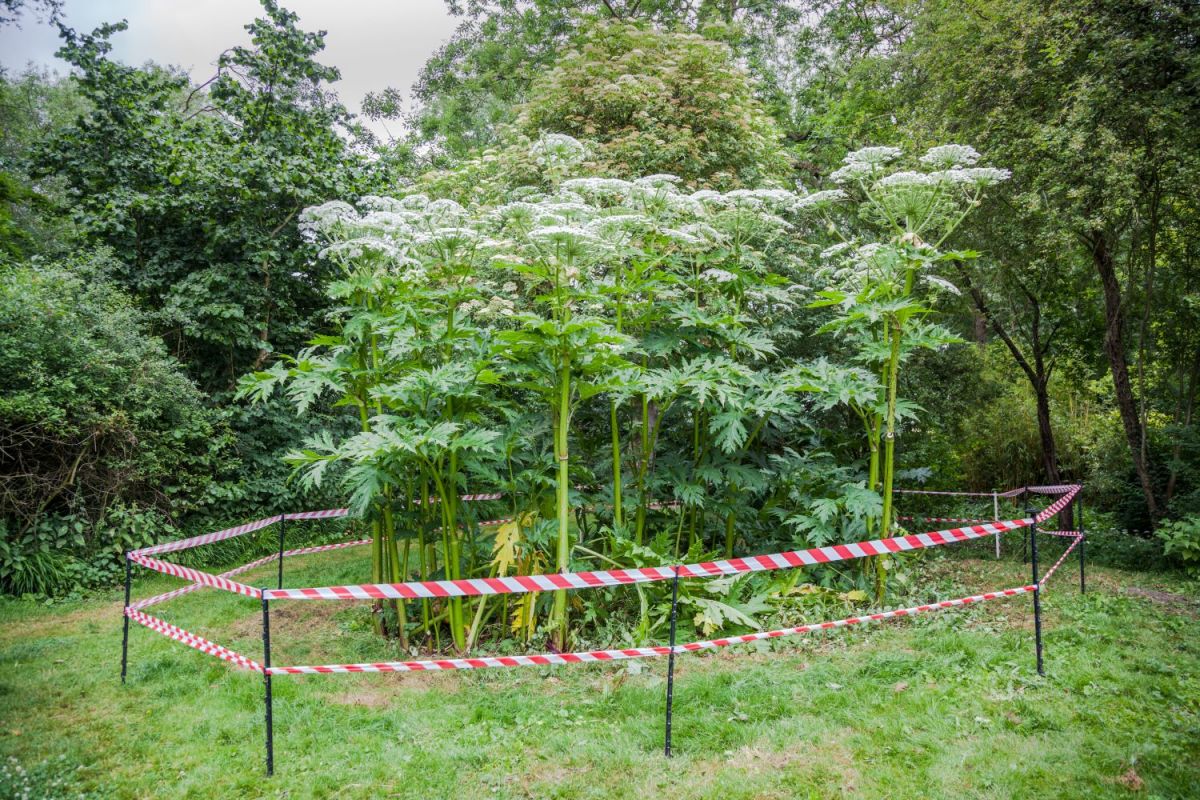
Earth Day is approaching, and what better way to kick off this iconic day commemorating our very own home than by implementing a sustainable touch to your gardening? It is important to remember while sowing your seeds this spring to minimize your carbon footprint throughout the process. For many of us, gardening isn’t just a hobby; it’s a way to connect with nature, nurture life, and contribute positively to our environment. Whether you’re a pro or a green novice, these five eco-friendly tips will empower you to cultivate a thriving garden while minimizing your ecological footprint.

According to a study, a standard lawn of 1,000 sq feet requires around 35,000 gallons of water per year; however, it is estimated that homeowners over-irrigate landscaping by up to 60%, resulting in a house lawn using up to 75,000 gallons of water per year. Conserving water is paramount in eco-friendly practices, especially in regions prone to drought or water scarcity. There are certain sustainable methods to keep in mind while watering your garden, lawn, and plants throughout the year. To monitor your water usage, use a rain gauge to collect rainfall each week to determine if you’re over- or under-watering. Opt for drip irrigation or soaker hoses delivering water directly to the root zone of plants, minimizing evaporation and runoff compared to traditional sprinklers. Water your plants during the cooler parts of the day so that they retain more moisture. Mulch around plants with organic materials such as straw, compost, or wood chips as these materials can help retain even more moisture.

Compost is vital to protecting your plants, helping them retain moisture and their structure. By crafting your own compost, you can recycle and repurpose your own food scraps, newspapers, tree branches, fallen leaves, and other organic materials – diverting waste from landfills. In addition, this natural recycling process reduces the need for synthetic fertilizers and pesticides, minimizing harmful chemical runoff into waterways and preserving biodiversity. Composting also fights harmful greenhouse gas emissions by preventing organic matter from decomposing anaerobically barring methane from releasing into the atmosphere.
3. A Happy Garden Requires Healthy Soil

A key factor in implementing eco-friendly practices while gardening is cultivating healthy soil. In order for your garden to flourish, its foundation must be firm and supportive as it serves as the home to a diverse array of life forms. Guarantee your garden’s success by verifying that it includes all the essentials that make its soil healthy including minerals, rocks, organic compost, mulch, etc. These natural amendments not only enrich the soil with essential nutrients but also improve its structure and water retention capabilities.
4. Know What to Plant

Ensure that your garden is not plagued by any intruders. Certain invasive species can overpopulate your yard, stealing not only the spotlight, but the nutrients and sunshine from your precious plants. Well-known invasive species including Giant Hogweed, Chinese Wisteria, Norway Maple, Poison Hemlock, and English Ivy all can disrupt the delicate balance of native ecosystems. If left unchecked, these aggressive plants can choke out native vegetation, depriving wildlife of food and habitat. In addition, these invasive plants can cause even more challenges for gardeners as they promote the reliance of pesticides and chemicals, contradicting the principles on sustainable gardening.
5. Eco-Friendly Garden Decor

Sustainability can most definitely be stylish and provide your outdoor landscape with an additional charming look. Eco-friendly garden décor encompasses a range of environmentally conscious options that add beauty and character to outdoor spaces without harming the planet. From repurposed materials like reclaimed wood and salvaged metal for garden furniture and art pieces, there are countless ways to enhance your garden while minimizing your ecological footprint. Incorporating wildlife-friendly features like birdhouses, bee hotels, and butterfly feeders foster biodiversity and an inviting atmosphere for outdoor critters. Implement the usage of solar power with solar lights and solar water fixtures, reducing energy consumption and waste. Your garden is ultimately your oyster, so get creative and have some fun with it.
Go Green at Jolly Lane Greenhouse

Embrace your garden at Jolly Lane Greenhouse’s annual Spring Open House on Saturday, April 27th and Sunday, April 28th! Visit our Greenhouse and explore our diverse selection of trees, shrubs, evergreens, perennials, annuals, vegetables and more! Pair your plant journey with a glass of local wine or craft beer as The Rose Garden Bar will also be open from 11-5 each day through spring!
